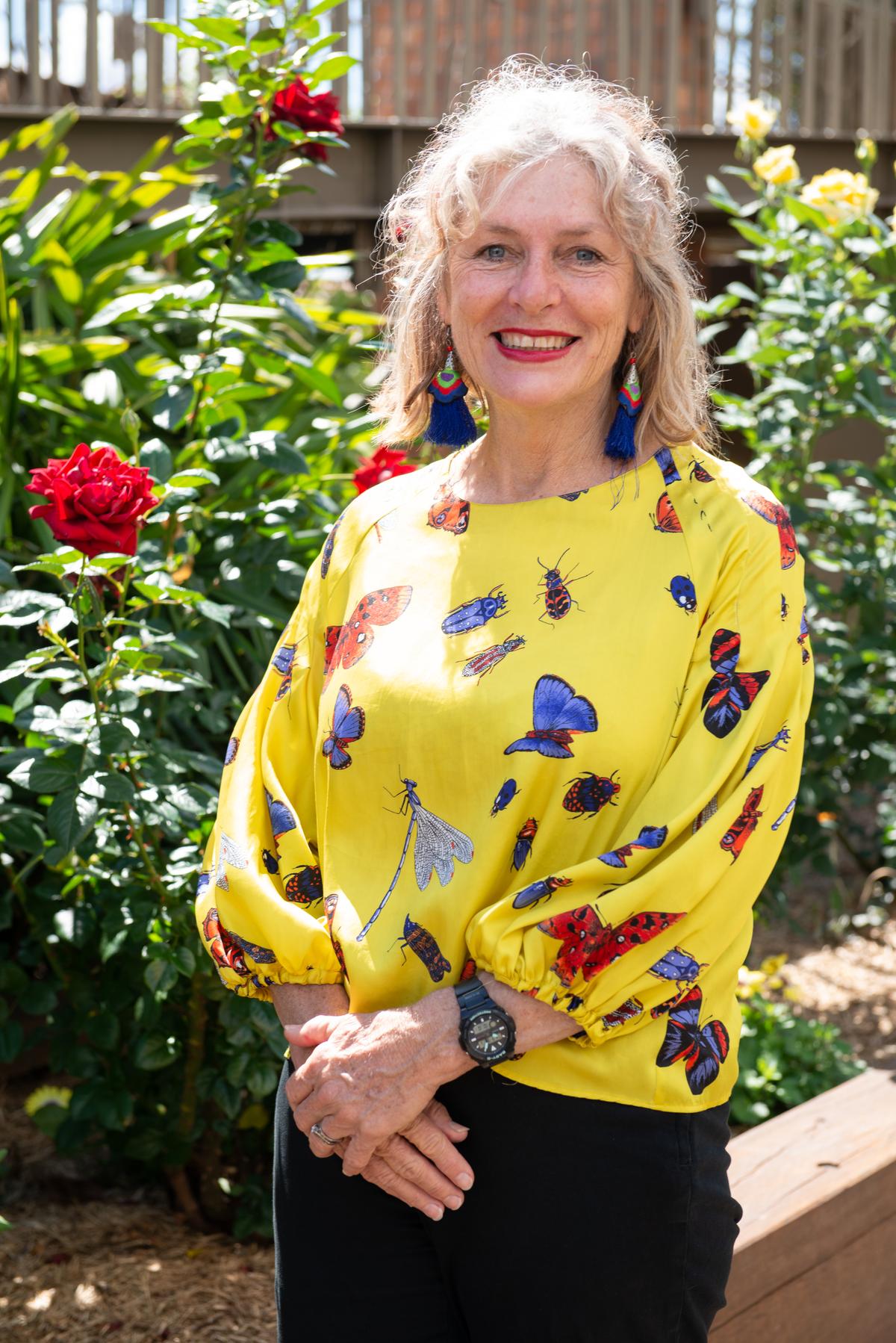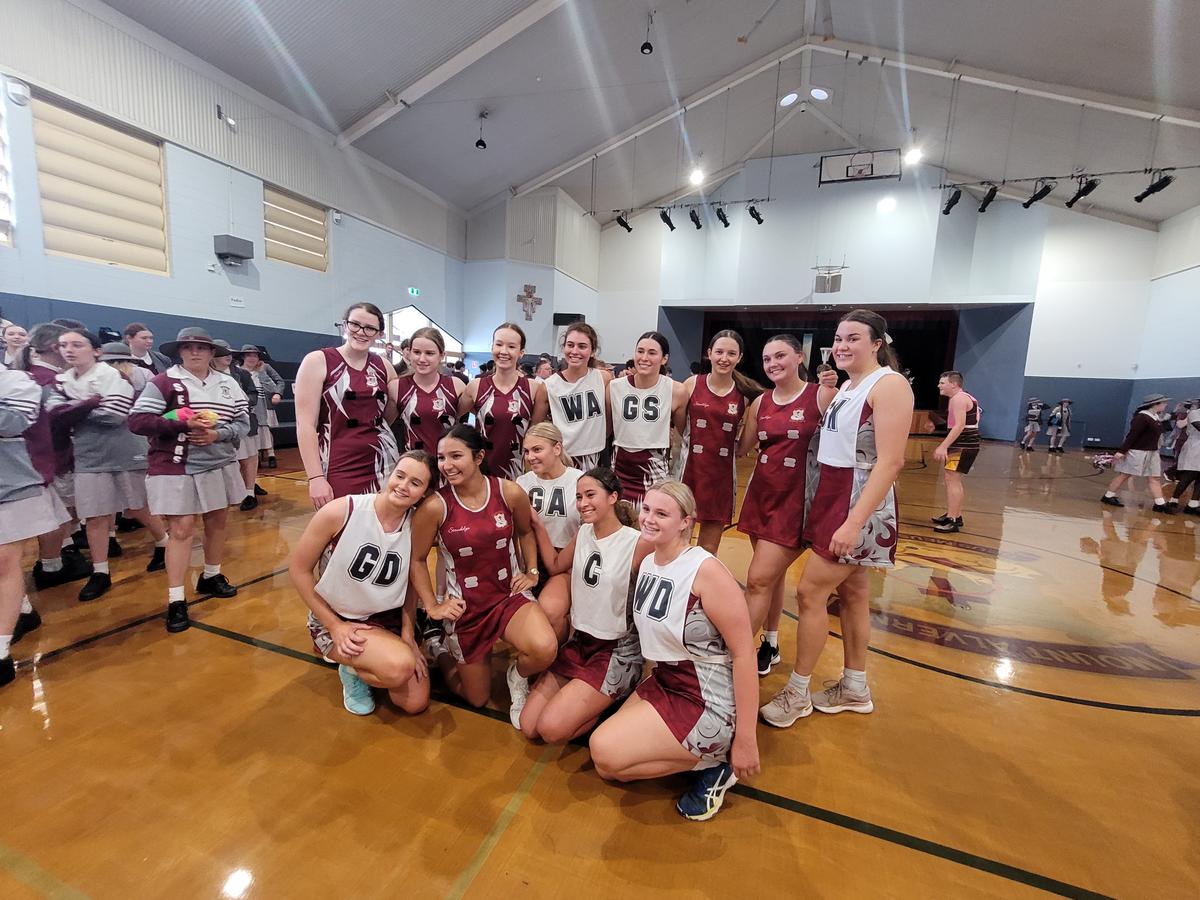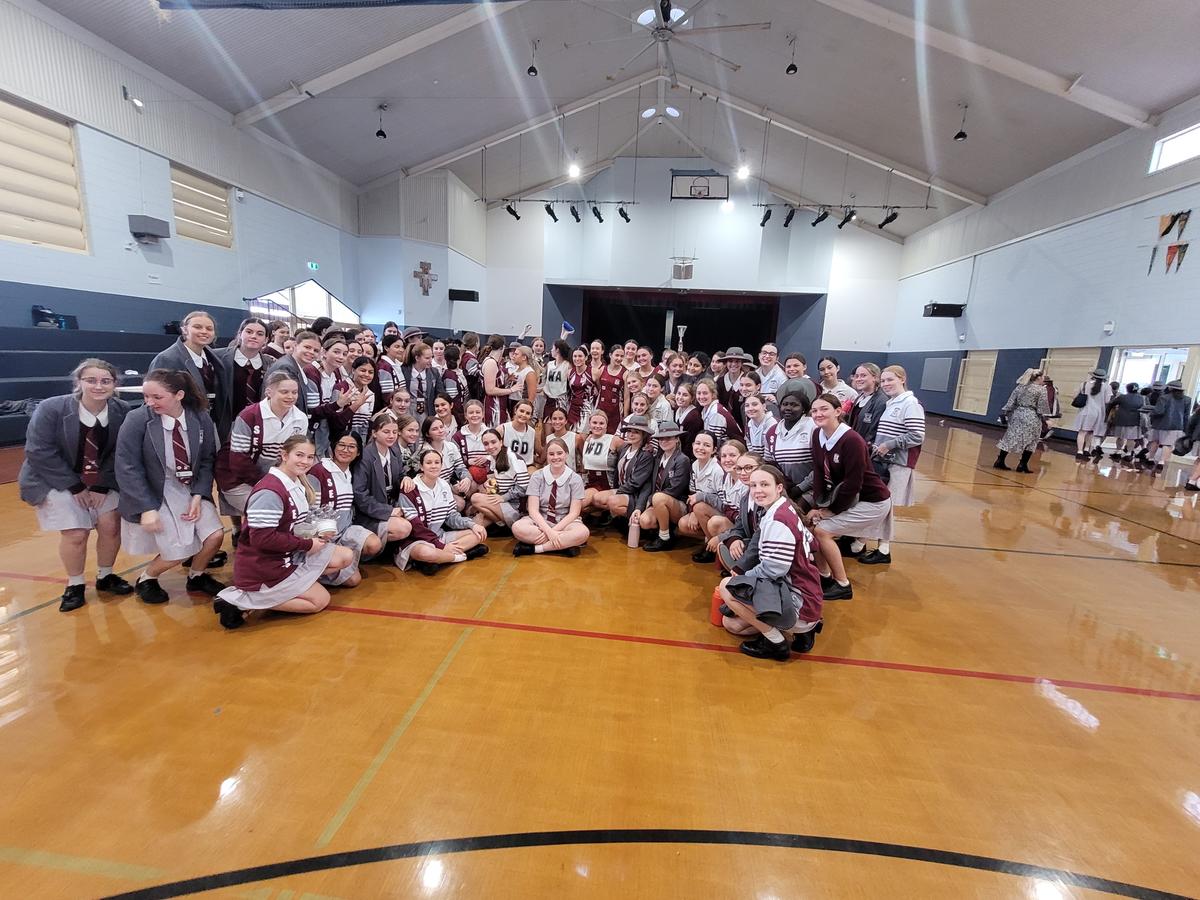Year 12 Pastoral Guardian
Karen Farrow

Year 12 Pastoral Guardian
Karen Farrow


On your parent journey to this stage with your Year 12 young adult, you know that for adolescents, increasing independence and autonomy are required to support development, paired with negotiation, compromise and communication in your relationship. The interviews this week in SchoolTV with Dr Michael Carr-Gregg and Sharon Witt about friendship choices and influences on behaviours, boundaries and setting a climate of communication should be affirming.
I always appreciate the student voice, so I asked Year 12s to describe their relationship with parents at their present stage, how this had changed from earlier adolescence and the importance of boundaries.
Responses were mature and positive.
“As I've aged, I've noticed that I'm being encouraged to be more and more independent. But, at the same time, I'm still able to go to them whenever I need them; they're still an open door for me”.
“As I have gotten older, I believe the relationship I have with my parents has grown. I feel that with age, I have become closer with my parents as I can talk about more pressing issues affecting me now, and we can chat about my school/ social life in general, more than in younger years. They understand me”.
“I set boundaries for myself based on my family values I have learned”.
Initiate a conversation with your young adults about their perception of your relationship.
This maturity and reflection was evident at our Reflection Day when the cohort reflected on their school journey, individually writing a letter to advice to incoming Year 7s. The advice was to be involved, seek support when you need it, make connections and broaden your friendship circle. They acknowledged that as a cohort they were united in supporting one another in facing challenges and in their final months they should “act with maturity by taking responsibility and owning actions”. Congratulations especially to Hiba Abdulla for demonstrating to the whole cohort her genuine, positive qualities of connection with her peers. The next day was Careers Day when our Year 12s learned golden life lessons from motivating keynote speakers and a knowledgeable panel of women from diverse careers and experiences. This week was a turning point for our young people to look realistically and excitedly towards achieving goals through persevering, seizing challenges and reaching their dream futures.
At this stage, in overcoming challenges, meeting assessment deadlines, balancing life’s demands and relationships, processing the impact of global issues and making future career choices, our young people may frequently experience being overwhelmed. A relevant SchoolTV resource this week is Managing Overwhelm, focussing on good wellbeing strategies that you can share with your child.
This links with our Personal Development lessons this week examining attitudes and behaviours in relationships and how crucial it is to connect and communicate when our young adults feel overwhelmed, just as we do. What does overwhelm look like? Some indicators could be difficulty relaxing and sorting your mind, feeling like you cannot control or manage life, anxiety, low self-esteem, feeling isolated, lonely and avoiding others. Even as important as our child reaching out is the way we respond empathetically “I’m glad you told me”or “I know how you feel” and making the time to work through some positive wellbeing strategies together for emotional regulation. Building and maintaining a positive climate of communication, listening, and showing empathy is the support that may be most needed right now.




Karen Farrow
Year 12 Pastoral Guardian